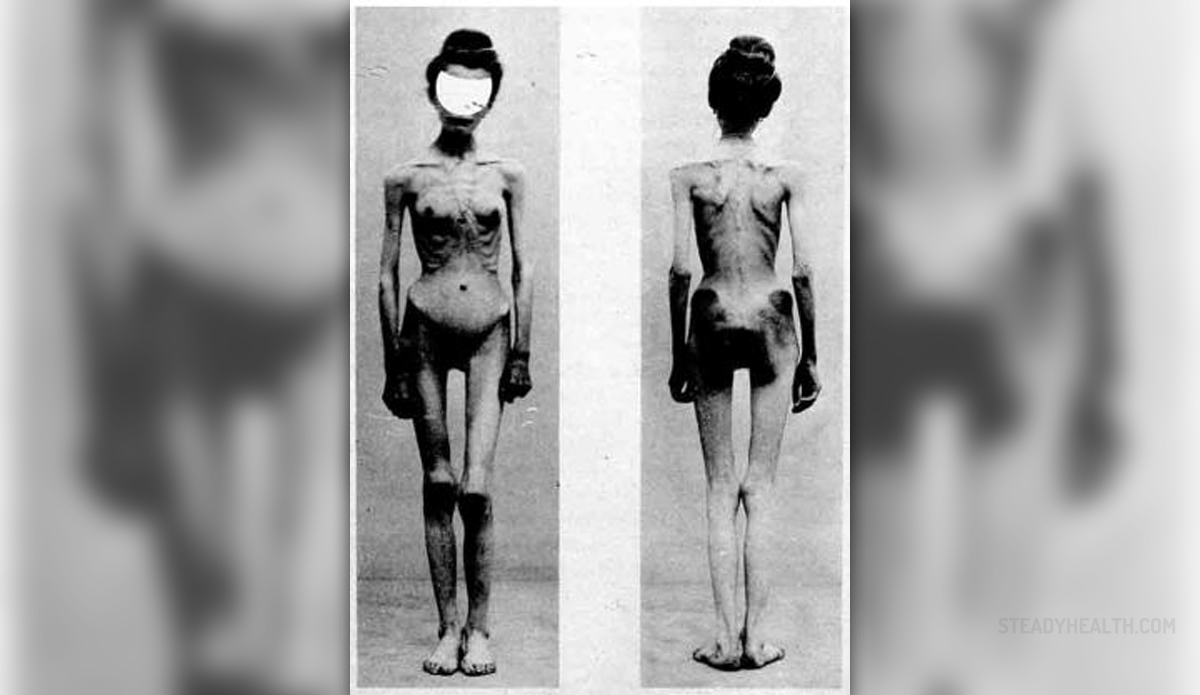
Introduction
Ever since the standard of beauty for both women and man has become a very slim, sporty or slender figure, there has been an increase in the number of cases of anorexia nervosa. Anorexia nervosa is an eating disorder often confused with bulimia. These two disorders are the most common and most discussed eating disorders. Anorexia is a very serious health concern and it should be recognized and addressed as soon as possible, because it can lead to serious complications and cause serious damage to the overall health, some of which is irreparable.
What is anorexia nervosa?
Anorexia is a serious, potentially life-threatening eating disorder. It can roughly be described as a refusal to maintain normal, healthy body weight. One of the most prominent characteristics of this disorder is an irrational and very intense fear of weight gain, resulting from the distorted self-image and body-image. Anorexia sufferers deeply believe they are overweight even though they are slim and they do not trust the others when they tell them otherwise. They do not trust even the doctors or psychiatrists on that matter.
The classic pattern in anorexia nervosa is restrictive eating, but the cases of alternation between binge eating and purging are also seen quite often in anorexia sufferers. Anorexia, aside from starvation, malnutrition and abnormal and unhealthy weight loss, also leads to related medical problems, such as amenorrhea or the absence of menstrual periods, osteoporosis, susceptibility to infections due to weakened immune system, and many more. In severe and untreated cases, anorexia can have a fatal outcome.
Anorexia should not be confused with the lack of appetite. People who have anorexia do feel the hunger but they choose to ignore it. The desire to eat is suppressed and often sublimated by cooking large and delicious meals for other people or hiding the food without ever eating it. An anorexic will also often exercise vigorously.
Anorexia nervosa is most commonly seen in adolescent girls and young women, although it can affect men and older women as well. Because it is so largely associated with women, anorexia in men often remains undiagnosed for longer.
This eating disorder can sometimes be coupled with other psychological problems, such as depression or obsessive-compulsive disorder.
It is very important for friends, family, partners and spouses to recognize the signs of anorexia in their loved ones. This is a very serious disorder that can be overcome, but it takes a lot of effort, patience and, above all, professional help.
- www.womenshealth.gov/mental-health/mental-health-conditions/eating-disorders/anorexia-nervosa
- medlineplus.gov/ency/article/000362.htm
- Photo courtesy of Nick Youngson by The Blue Diamond Gallery: www.thebluediamondgallery.com/handwriting/a/anorexia-nervosa.html
















Your thoughts on this
Loading...